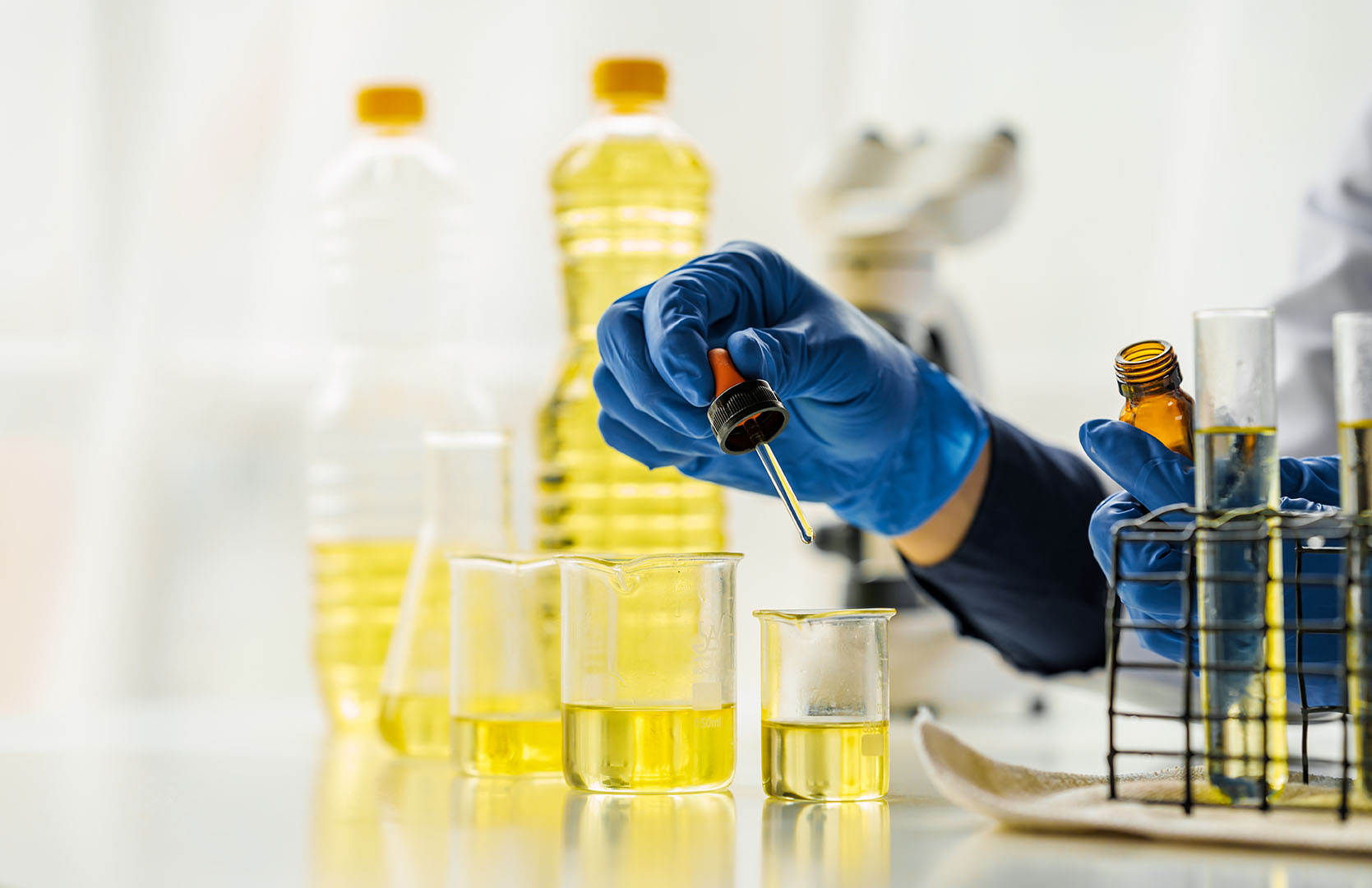

An experiment is a controlled test that is conducted to test a hypothesis. A hypothesis is a statement that predicts the outcome of an experiment.
The purpose of an experiment is to gather data that can be used to support or refute a hypothesis. Experiments are conducted in a controlled environment, which means that all of the variables are kept constant except for the one that is being tested. This allows the scientist to isolate the effects of the variable being tested.
There are many different types of experiments, but they all follow the same basic steps:
Experiments are an important part of the scientific method. They allow scientists to test their hypotheses and gather data that can be used to support or refute their theories.
The scientist conducted an experiment to test the effects of a new drug.

Noun: experiment, trial, test.
Adjective: experimental, experimentalist.
Verb: to experiment, to try out.
Synonyms: trial, test, research.
The word "experiment" comes from the Latin word experimentum, which means "trial, experience." It was first used in English in the 14th century, and it is still used today to refer to a test or trial that is conducted to gather data or to prove or disprove a hypothesis.
What is an experiment?
Question:
Design an experiment to investigate the effect of different light colours on plant growth. Clearly outline the variables, controls, and measurements you would use, and explain the importance of a control group in this experiment.
Answer:
Experiment: The Effect of Different Light Colours on Plant Growth.
Variables:
Controls:
Measurements:
Importance of a Control Group:
Address
Developing Experts Limited
Exchange Street Buildings
35-37 Exchange Street
Norwich
NR2 1DP
UK
Phone
01603 273515
Email
hello@developingexperts.com
Copyright 2025 Developing Experts, All rights reserved.